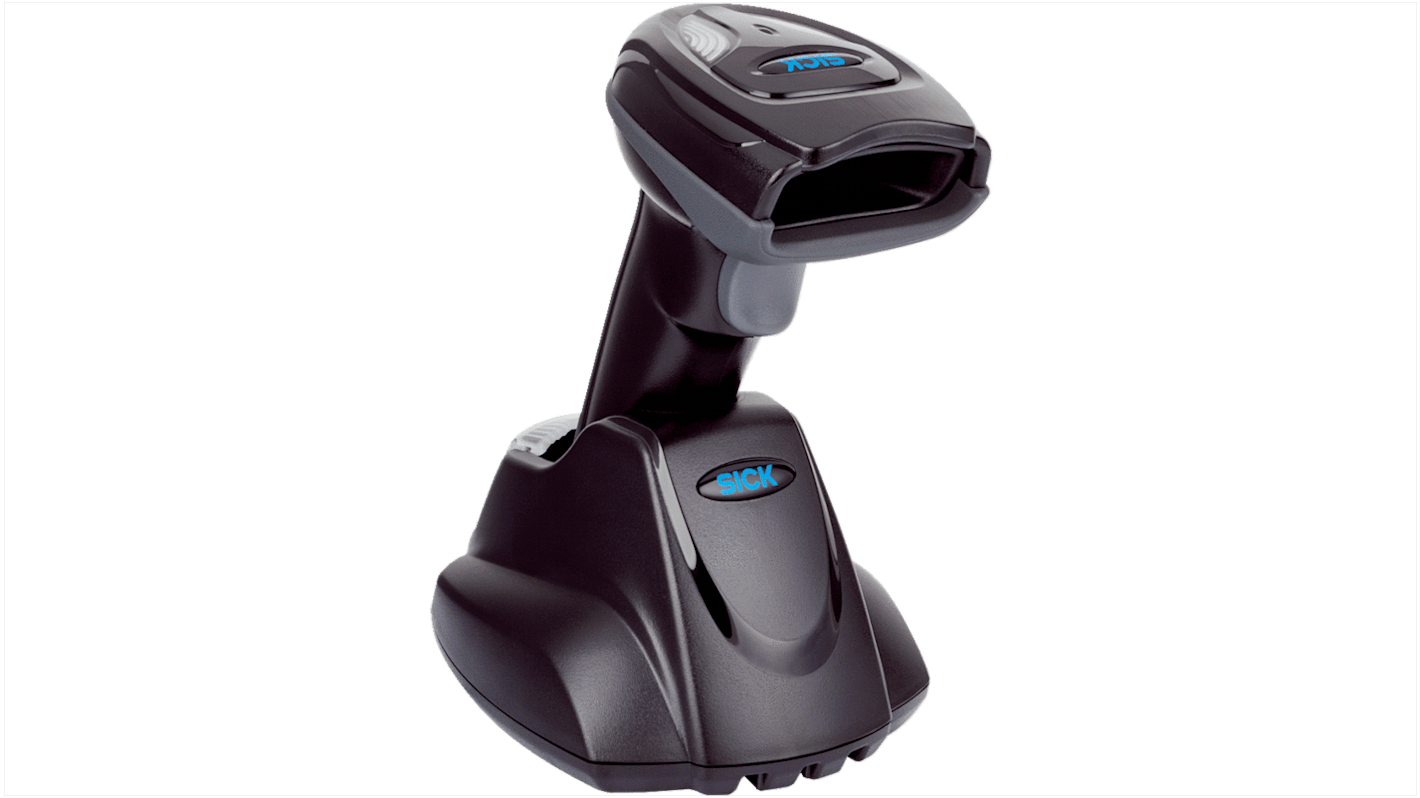Why Barcode Scanners Are Crucial for Modern Retail and Warehousing
In the swiftly developing landscape of retail and warehousing, the combination of barcode scanners has actually come to be an essential aspect in enhancing operations and enhancing precision. As services aim for affordable benefit, understanding the diverse benefits of barcode technology reveals its essential function in enhancing resource allowance and cultivating durable provider connections.
Benefits of Barcode Scanners
Barcode scanners offer numerous advantages that substantially enhance functional efficiency in retail and warehousing environments. The automation of information entrance processes eliminates the errors commonly linked with hand-operated input, causing improved precision in supply monitoring and sales deals. With the ability to promptly scan products, organizations can accelerate checkout times, boosting the customer experience and decreasing wait times.
In addition, barcode scanners assist in real-time data collection, enabling immediate updates to supply degrees and sales records. This capacity allows businesses to react quickly to changes in need and optimize supply levels, minimizing excess stock and minimizing stockouts. Additionally, the assimilation of barcode scanners with supply management systems improves processes such as order gratification and item returns, further improving functional efficiency.
By minimizing labor expenses connected with hand-operated stock administration and lessening mistakes that can lead to monetary losses, barcode scanners add to overall earnings. In general, the implementation of barcode scanners is a critical financial investment that generates substantial returns in efficiency and functional quality.
Enhancing Stock Monitoring
Reliable supply management is essential for keeping operational effectiveness in retail and warehousing setups. Barcode scanners play an essential function in this procedure by simplifying the monitoring of supply levels, item locations, and supply movements. By automating data capture, these tools decrease human error, leading to even more precise stock documents.
Utilizing barcode scanners allows real-time visibility right into stock amounts, permitting companies to make enlightened choices concerning reordering and supply rotation. This immediacy aids prevent overstocking or stockouts, both of which can adversely impact consumer complete satisfaction and earnings margins.
Moreover, barcode scanning promotes efficient supply audits. With fast scanning capacities, staff can perform supply checks swiftly, making certain that inconsistencies are identified and remedied immediately. Improved supply accuracy not just sustains operational performance however also enhances partnerships with providers, as exact data can result in much better arrangement terms and improved order satisfaction.

Improving Checkout Efficiency
As customers increasingly demand quicker and a lot more reliable purchasing experiences, boosting check out procedures has actually come to be a top priority for sellers. Carrying out barcode scanners plays a crucial duty in this venture, significantly improving the transaction process. By allowing cashiers to check things rapidly, barcode technology reduces the time invested on each sale, hence reducing general wait times for consumers.
In addition, barcode scanners promote the precise identification of products, minimizing the capacity for mispricing and making sure that clients are charged appropriately. This performance not only enhances client fulfillment however also enhances the store's functional performance. With the ability to process numerous products in quick succession, retailers can handle high quantities of transactions throughout height shopping hours without sacrificing solution high quality.
In addition, integrating barcode scanners with point-of-sale systems allows real-time inventory updates, giving valuable understandings right into stock levels. This immediacy permits merchants to take care of stock a lot more efficiently, guaranteeing that prominent things stay in supply and decreasing the chance of shed sales. In general, the adoption of barcode scanning technology is necessary for boosting checkout performance, ultimately bring about improved client experiences and enhanced sales for merchants.
Lowering Human Mistake
In retail and warehousing atmospheres, the implementation of scanning innovation dramatically lowers human error during purchases. Traditional manual entrance of product info is susceptible to errors, consisting of wrong rates, misidentified things, and information access errors. barcodes scanners. Barcode scanners improve this process by automating the capture of item data, guaranteeing accuracy and consistency
By using barcode scanners, workers can swiftly check products rather read than manually inputting details. This automation minimizes the risk of human oversight, providing an extra reliable purchase procedure. Researches show that mistakes in stock administration can result in pricey inconsistencies, affecting stock levels and consumer complete satisfaction. Barcode scanning minimizes these dangers by boosting the accuracy of stock matters and sales records.
Moreover, barcode scanners enhance liability within the workforce. Generally, the fostering of barcode technology is an essential action towards achieving operational quality in retail and warehousing settings.
Future Patterns in Barcode Modern Technology
The development of barcode modern technology is poised to transform retail and warehousing procedures in the coming years, driven by advancements in automation, information analytics, and mobile assimilation. As markets significantly take on Internet of Things (IoT) systems, barcode scanning will certainly become indispensable to real-time inventory administration and supply chain optimization. Boosted information analytics capabilities will enable services to harness checked info for anticipating analytics, enhancing need projecting and supply turnover.

In addition, the combination of expert system with barcode modern technology assures to simplify procedures with smart acknowledgment and error discovery. As equipment understanding formulas evaluate scanned information, they find more info can give understandings that assist avoid stockouts and overstock scenarios.

Conclusion
To conclude, barcode scanners play a critical duty in contemporary retail and warehousing by here enhancing supply management, boosting check out effectiveness, and considerably reducing human mistake. The integration of barcode modern technology not only simplifies procedures however also promotes better vendor relationships and maximizes resource allotment. As modern technology remains to advance, the future of barcode scanning guarantees more improvements that will drive operational efficiency and productivity in progressively open markets.